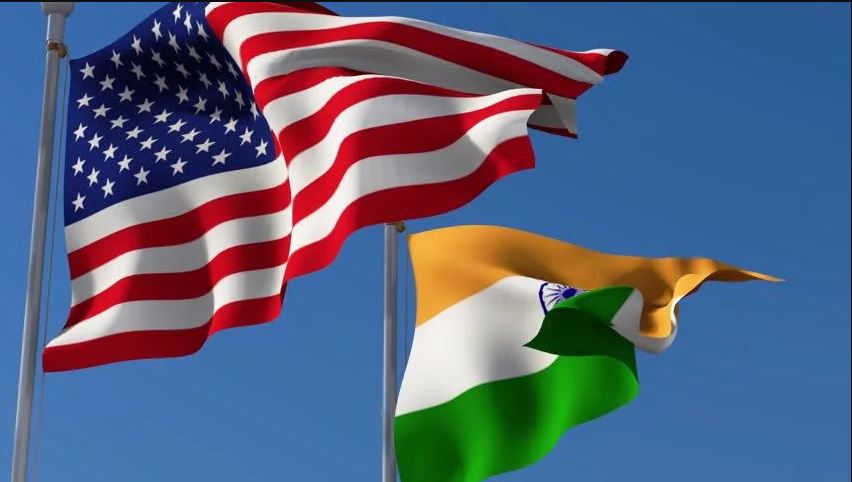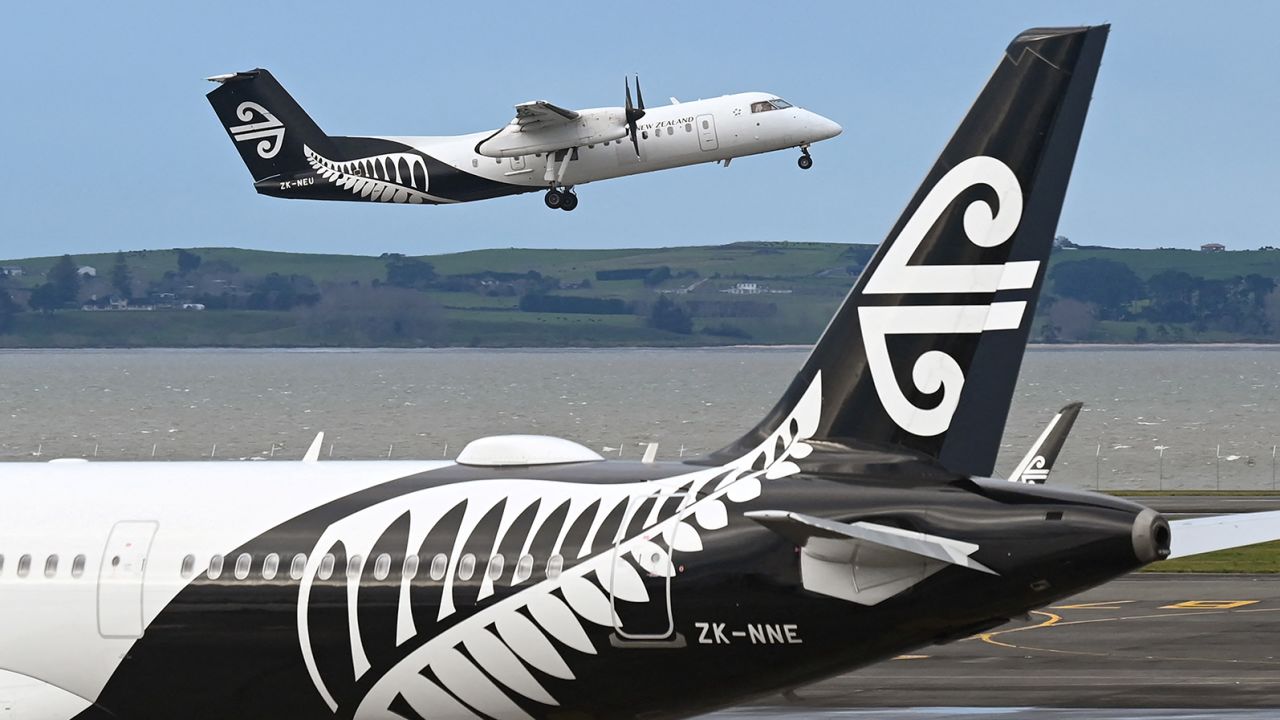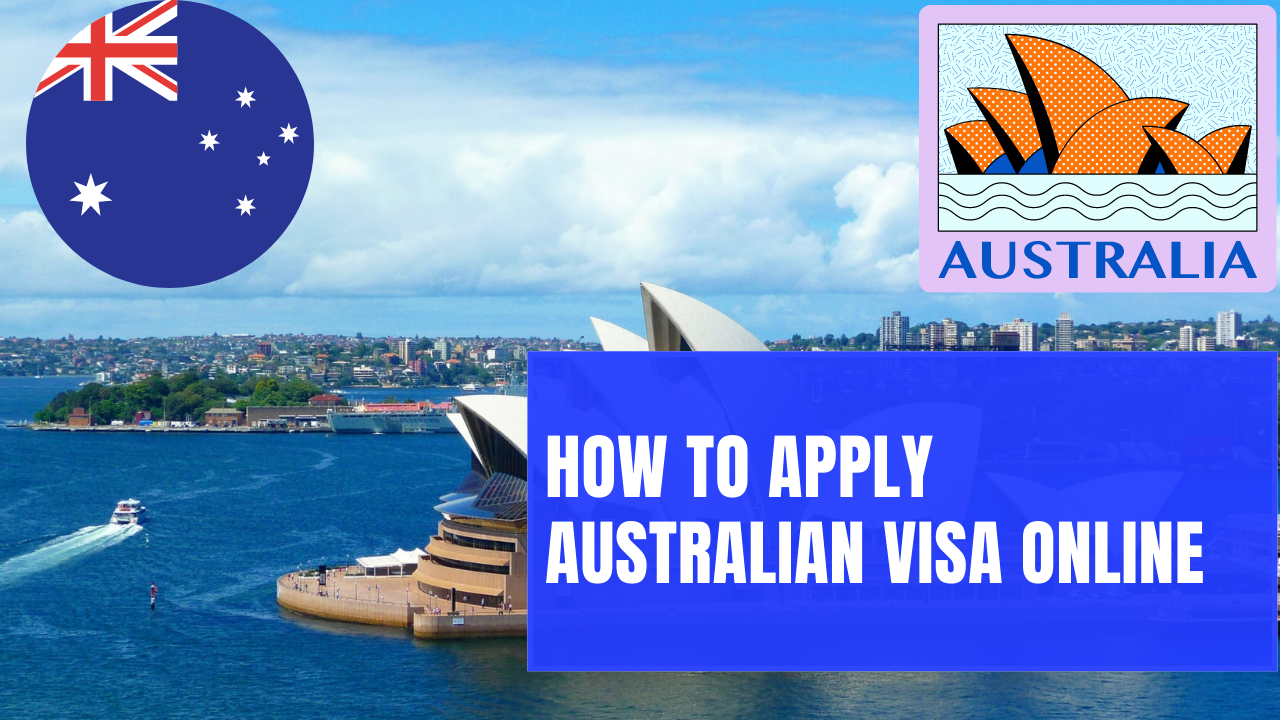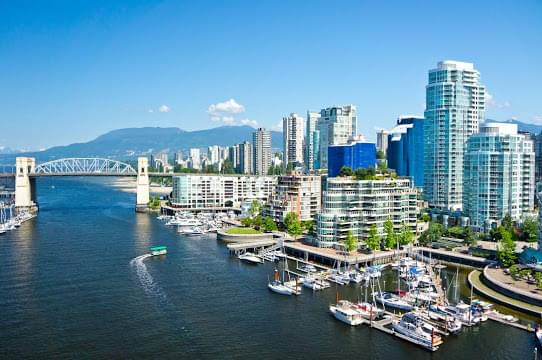Traveling to India offers a myriad of experiences, from exploring ancient temples to relishing flavorful cuisines. But before you embark on your Indian adventure, it’s crucial to understand the ins and outs of obtaining a tourist visa.
Eligibility Criteria
The eligibility criteria for a tourist visa to India are relatively straightforward. Most nationalities are eligible to apply, but it’s essential to check the specific requirements based on your country of citizenship. Generally, you’ll need a valid passport with at least six months’ validity beyond your intended stay and sufficient funds to cover your expenses during the visit. TOURIST VISA FOR INDIA
Application Process
The application process for an Indian tourist visa has been streamlined in recent years, thanks to the introduction of the e-Visa system. Applicants can apply online, eliminating the need for a visit to the consulate or embassy. The process typically involves filling out an application form, uploading required documents such as a passport-sized photograph and a scanned copy of your passport, and paying the visa fee.
Required Documents
When applying for a tourist visa to India, certain documents are mandatory to support your application. These may include:
- A valid passport with at least six months’ validity
- A recent passport-sized photograph
- Proof of accommodation in India
- Proof of sufficient funds for the duration of your stay
- Travel itinerary or return flight ticket
Ensuring that you have all the necessary documents in order will expedite the visa processing time and minimize any potential delays.
Navigating Business Visa for India
Apart from tourism, India also attracts numerous business travelers seeking opportunities in various sectors. Understanding the nuances of obtaining a business visa is essential for smooth entry into the country’s business landscape. BUSINESS VISA FOR INDIA
Types of Business Visas
India offers different types of business visas depending on the nature and duration of your visit. These may include:
- Business Visa (B-1): For individuals traveling to India for business-related activities such as meetings, conferences, or exploring business opportunities.
- Employment Visa (E): For foreign nationals intending to work in India and their dependents.
- Project Visa (P): For individuals involved in specific projects in India, typically issued for the project’s duration.
Application Procedure
The application procedure for a business visa to India varies depending on the type of visa and your country of residence. In most cases, applicants are required to submit their applications online or through the Indian consulate/embassy, along with supporting documents such as a letter of invitation from an Indian business entity, proof of business incorporation, and financial statements.
Documentation Required
Similar to tourist visas, business visa applicants must provide certain documents to support their application. These may include:
- A valid passport with at least six months’ validity
- Letter of invitation from an Indian business entity
- Proof of business incorporation or registration
- Financial statements or proof of sufficient funds
- Travel itinerary or return flight ticket
Ensuring that all the required documents are in order will facilitate a smooth visa approval process and prevent any last-minute hassles.
Comparing Tourist and Business Visas
While both tourist and business visas facilitate entry into India, they serve different purposes and come with distinct requirements.
Purpose of Visit
Tourist visas are intended for individuals traveling to India for leisure, sightseeing, or visiting friends and family. On the other hand, business visas are specifically designed for individuals engaging in business-related activities such as meetings, conferences, or exploring business opportunities.
Duration of Stay
Tourist visas typically allow shorter stays in India, ranging from a few weeks to a few months, depending on the visa type and nationality. In contrast, business visas may offer longer durations, especially for individuals involved in ongoing projects or business ventures.
Permitted Activities
While on a tourist visa, visitors are restricted to engaging in activities related to tourism and leisure. Business visa holders, however, are permitted to conduct a wide range of business-related activities, including attending meetings, negotiating contracts, and exploring investment opportunities.
Tips for Smooth Visa Application
Whether you’re applying for a tourist or business visa to India, certain tips can help streamline the process and enhance your chances of approval.
Advance Planning
Start the visa application process well in advance of your intended travel date to allow ample time for processing and any unforeseen delays.
Proper Documentation
Ensure that you have all the required documents ready and organized before submitting your visa application to avoid any last-minute scrambling.
Seeking Professional Help
If you’re unsure about any aspect of the visa application process or require assistance with document preparation, consider seeking help from a professional visa consultancy or immigration lawyer.
Conclusion
Navigating the process of obtaining a tourist or business visa for India may seem daunting at first, but with proper planning and preparation, it can be a smooth and straightforward experience. Understanding the eligibility criteria, application process, and required documents is key to ensuring a successful visa application. Whether you’re planning a leisurely trip to explore India’s rich cultural heritage or seeking business opportunities in its burgeoning markets, obtaining the right visa is the first step towards an unforgettable experience.



